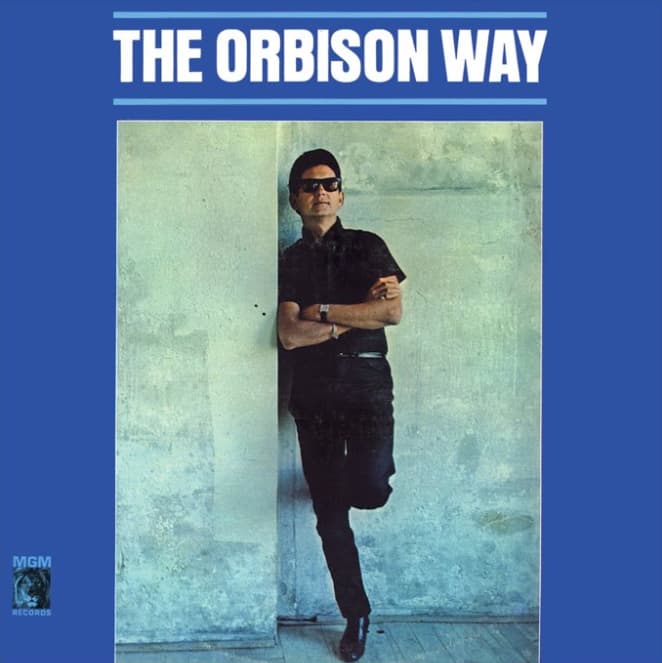
The Unchanging Power of Time and Love
In the annals of rock and roll, few voices resonate with the profound melancholy and raw emotional power of Roy Orbison. He was a master of the desolate ballad, a titan whose tenor soared over landscapes of heartbreak and longing. His 1966 album, The Orbison Way, offered a collection of such sonic portraits, but one track, in particular, stands as a testament to his enduring artistry: “Time Changed Everything.” This wasn’t a chart-buster; it was a deeper cut, a hidden gem for the true connoisseur of Orbison’s craft. While it didn’t scorch the Hot 100 like “Oh, Pretty Woman” or “Crying,” its lack of commercial frenzy at the time belies its profound and lasting impact on those who truly listened. This was music for the soul, not for the radio.
The mid-1960s were a tumultuous time for Roy Orbison, both personally and professionally. He had recently parted ways with Sun Records and Monument Records and was now with MGM. The Beatles had conquered America, and the British Invasion was in full swing, reshaping the musical landscape. Yet, Orbison remained a singular force, a timeless troubadour in a world increasingly enamored with the new and the flashy. The story behind “Time Changed Everything” is deeply intertwined with this period of transition and the ever-present shadow of loss that seemed to follow him. The song itself, a collaboration between Orbison and his frequent songwriting partner, Bill Dees, reflects a contemplative maturity. They were no longer just writing about the ache of a lost love; they were exploring the complex, often cruel, interplay between time, memory, and enduring feelings. It’s a song born from experience, from the quiet reflections of a man who had seen the world change around him, while the fundamental truths of his own heart remained stubbornly constant.
The meaning of “Time Changed Everything” is a bittersweet and deeply poignant one. It’s an ode to the past and a lament for what has been lost. The lyrics paint a picture of a man revisiting a familiar place, a cherished memory, only to find that time has altered everything around him. The old haunts are gone, the landscapes have shifted, and the vibrant colors of the past have faded to a sepia tone. Yet, amidst all this change, one thing has not: his love for her. The central paradox of the song is the idea that while time has indeed changed everything external, it has failed to alter the internal landscape of his heart. His feelings remain as fresh and as potent as they were on that day they first met. It’s a powerful and relatable sentiment, a nostalgic pang that resonates with anyone who has ever returned to an old neighborhood or heard a song that instantly transports them back in time. The song suggests that some loves, some memories, are so deeply etched into our very being that they are impervious to the ravages of time.
Listening to “Time Changed Everything” today is like opening a time capsule. Orbison’s iconic voice, with its tremulous vibrato and effortless range, is the perfect vehicle for this lyrical journey. The sparse, elegant arrangement allows his vocals to take center stage, creating an atmosphere of hushed reverence. The backing vocals, a signature of many of his later recordings, add a ghostly, ethereal quality, like echoes from the past. For those of us who grew up with his music, it’s a poignant reminder of a different era—a time when music was less about production and more about pure, unadulterated emotion. It’s a song that invites you to sit in quiet contemplation, to reflect on your own journey through time and the loves that have defined it. It’s a testament to the enduring power of classic songwriting and the timeless artistry of a man who, despite everything, remained a true original.